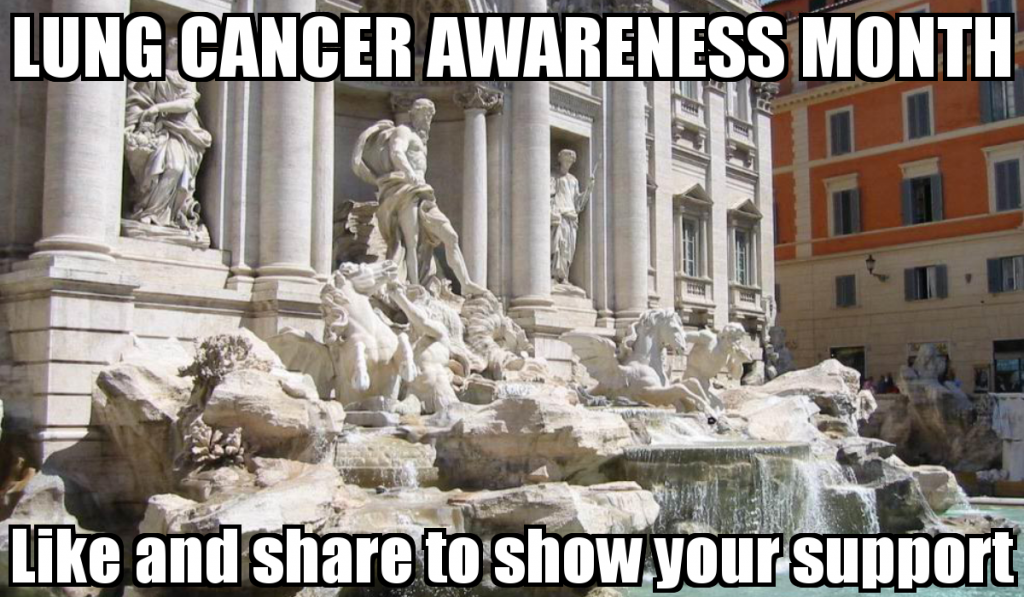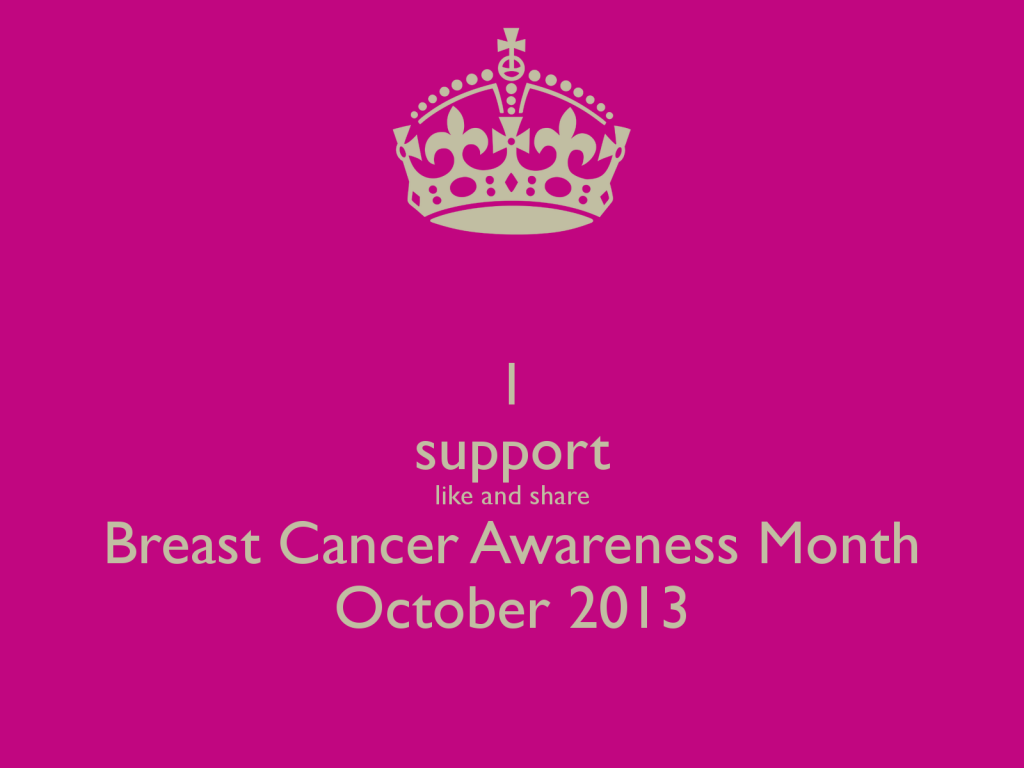As you may know cancer rates seem to be dropping in the UK, at least. In 2009, according to the
NHS web site nearly 160,000 were diagnosed with some kind of cancer.
There are, of course, a huge variety of factors which contribute to the development of any given cancer. However quite a number of cancers (perhaps nearly 50%) can be impacted by environmental factors. The aim of this blog is to look a few key changes in lifestyle that may assist in preventing these cancers.
I bet you can guess the first one?
- Yes that is right – stop smoking tobacco. 90% of lung cancers are smoking related and account for up to 25% of the UK’s cancer deaths. Also stop people smoking in your house.
- Diet. A healthy diet is recommended anyhow but keep in mind the following:-
a) Eat at least five pieces of fruit and vegetables each day
b) Where possible buy wholefoods (such as brown rice) over “white” or processed alternatives. I have to say that whole-wheat pasta has improved a lot in the last ten years so check it out. The fibre in wholefoods can help with the prevention of bowel cancer
c) While protein is important you may wish to lower the amount of red or processed meat you eat. Under 100 grams per day has been advised
- Cut down on the amount of alcohol you drink. A couple of beers is about the most you should have each day. Cutting down on alcohol means that you limit the chances of developing a wide range of cancers including bowel and liver cancers.
- Keep out of the sun. Try and limit your exposure to direct sunlight to minimise the chances of developing skin cancer. You may also want to use sun creams. This is particularly an issue for those brought up in the tropics. My wife comes from Queensland and she developed basal cell carcinoma in her early forties due to sun exposure as a child.
- Finally a reasonable exercise regime. Obesity can increase the chances of you developing cancers such as breast cancer and cancer of the pancreas.
Of course a lot of these ideas apply to wellness generally not just the prevention of various cancers. There are a number of anti-cancer diets available, though I cannot comment as to how effective they are.
It has also been suggested that stress can effect cancer development so my suggestion is “Be Happy”
Finally have you anything to add to this list. It would be great if you could add your suggestions (and links) to the comments boxes below.
Many thanks in advance




